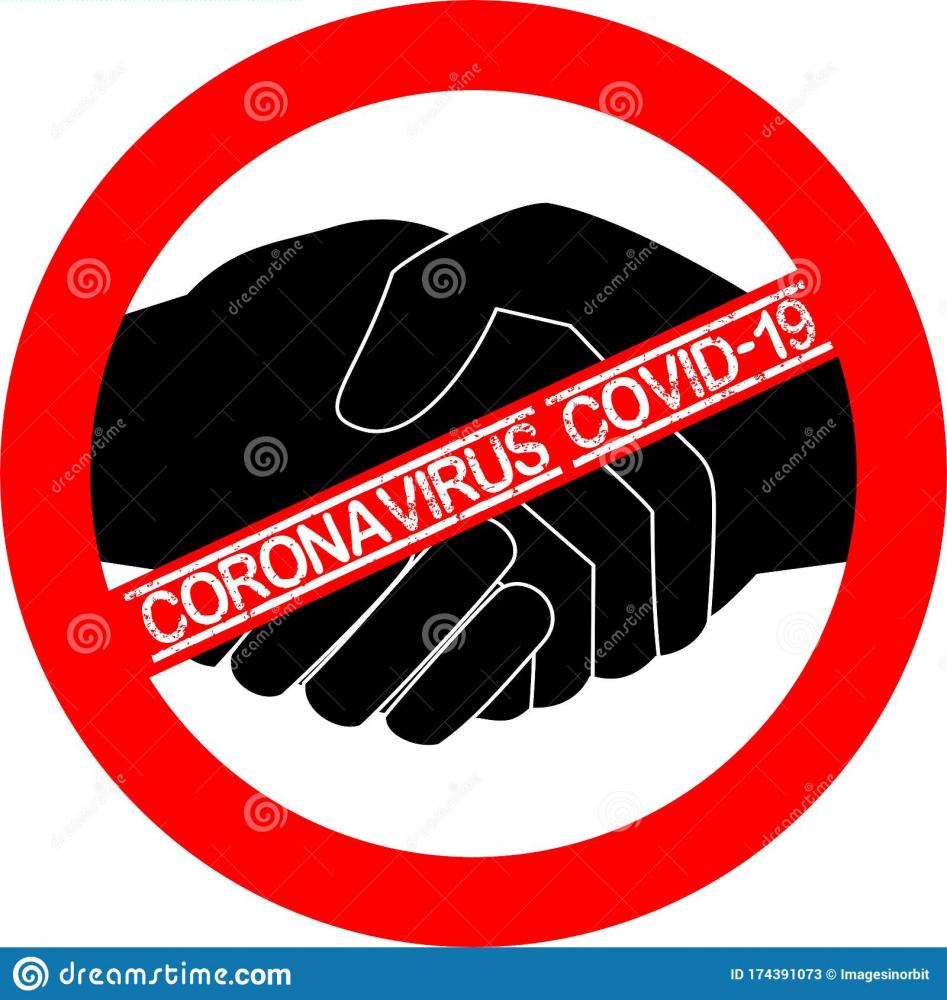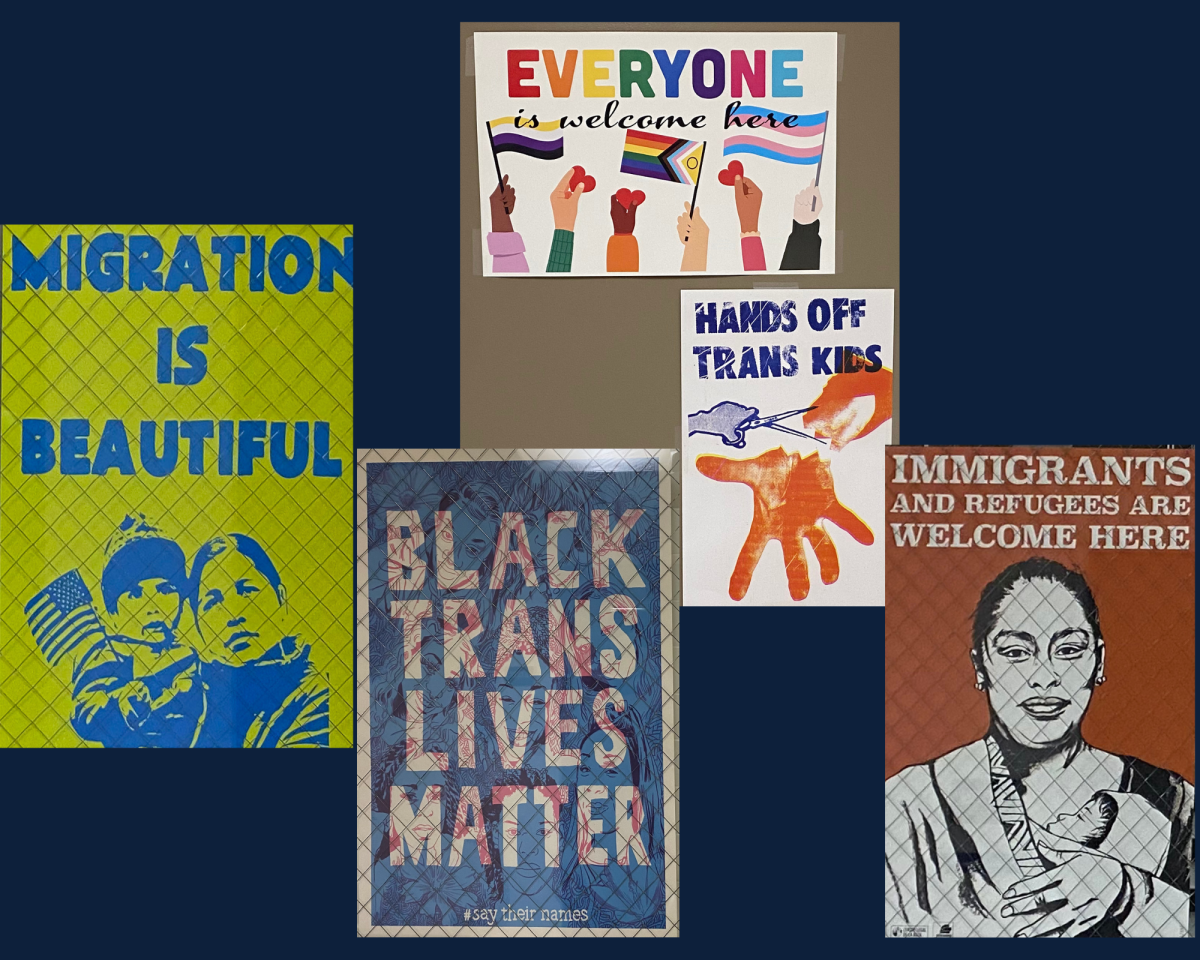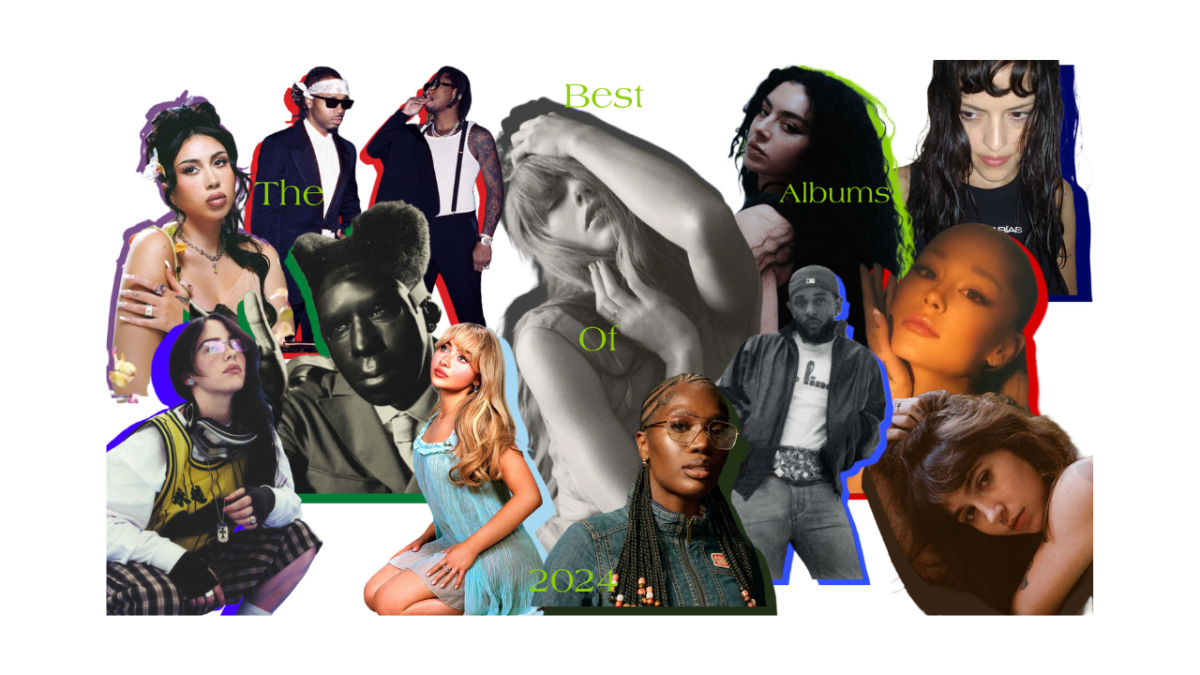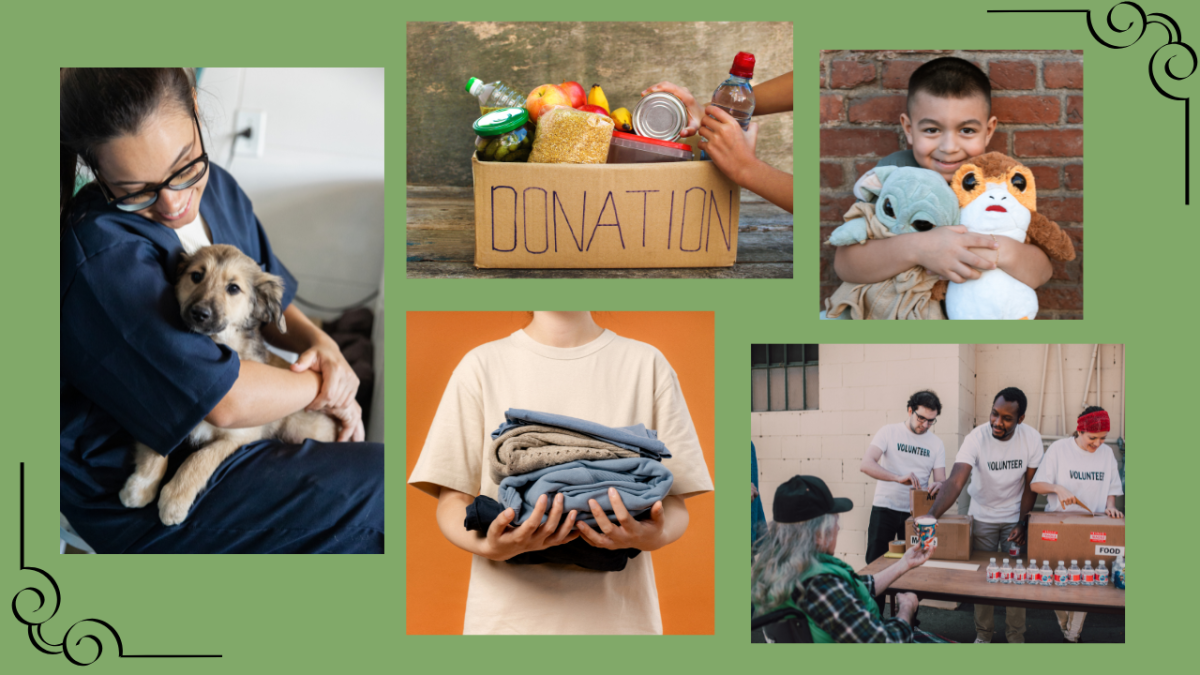In the wake of the coronavirus pandemic, the lexical impact is just as evident as its societal impact. Terms like “community spread” and “social distancing” have become the “new normal.” Before, when a person got sick, we always tried to remember who we were around while healthy to see who may have spread the illness.
Now because of coronavirus, we call the passing of illness “community spread” because people are still in close proximity, which then led to a new term, “social distancing”.
This means what it sounds like; keep your distance away from people in order to prevent the spread of the virus. It sounds like an easy solution for those who are naturally introverts but it’s more complicated. Let’s think about it for a minute.
Recently, the Centers of Disease Control and Prevention suggested to reduce gatherings of no more than 10 people at a time. If that’s not enough, they suggest a distance between each person to be 6 feet apart but does that really prevent the spread of the contagion? We have to believe it’s a start. Wouldn’t this suggest the up close and personal handshake be inoculated as well?
According to a 2018 article from the BBC about why we shake hands, we’ve been shaking hands for thousands of years. Shaking hands dates back to fifth century Greece. The proof was provided with an image of two men shaking hands to cement a transaction over the sale of a pot engraved on a gravestone between 400 and 350 B.C.
It’s safe to say we’re using a greeting that dates before the rise of Rome and before the birth and death of Christ. Isn’t it time to consider moving away from this archaic greeting as we shift our culture?
If this pandemic hasn’t taught us anything, it should teach us how easily humans act as germ liaisons. We are the bridge that continues the spread of microscopic germs that truly in the essence of the word become viral.
Each handshake trades a bacchanalian fester of germs from hand to hand, hand to face, and eventually to the immune system.
If we want to really make social distancing a part of our everyday, we have to be able to implement a new greeting. It’s almost imperative for our survival. The hand salute is one way to greet another being.
It can be done from a distance, it can be done casually, and it’s the ultimate sign of respect. We can lift our drinks or our caps. Sounds absurd, sure it does, but consider this scenario; under normal circumstances, if you were in a bar and you see someone across the room you want to acknowledge, you lift your drink to them as a sign of greeting. We can simply wave. It gets the point across.
Medical professionals have encouraged we don’t approach life business as usual. At this point, the irreverence of COVID-19 will only make the pandemic worse. We have to eschew our normal routines, ultimately creating new ones. We have to give people personal space – even when this pandemic is under control— we have to change how we greet each other, no more cheek kisses and hugs or the extension of hands. Now is the time.
One of the greatest attributes of humanity is our ability to rationalize and adapt. If we adapt to the change COVID-19 is forcing upon us, we may actually be better off. Greet from afar, practice social distancing, practice normal hand hygiene, cough in your sleeve, the list goes on but we can get through this.
Keep your distance and wash your hands.
Salute.














